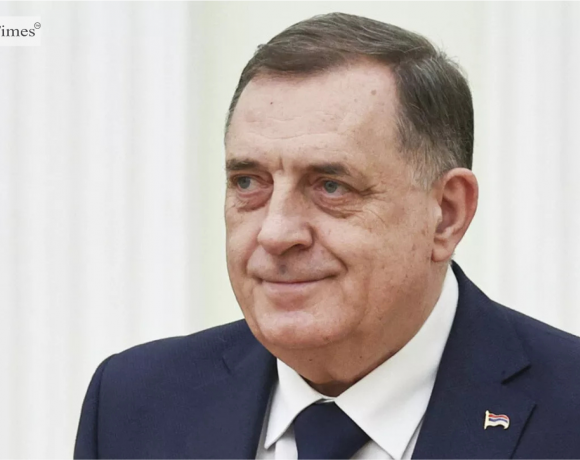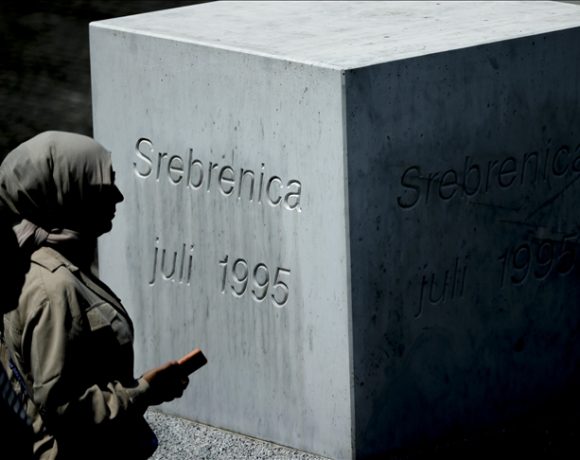
Bosnia’s state police force, SIPA, attempted to arrest Milorad Dodik, the president of the Serb-dominated Republika Srpska, on Wednesday in East Sarajevo, but were blocked by heavily armed regional police loyal to Dodik. The arrest was ordered by the state court after Dodik and two of his close allies failed to respond to summonses linked to their separatist legislation, which had been suspended by Bosnia’s constitutional court.
Despite an active arrest warrant, Dodik has continued his public engagements across Republika Srpska under heavy protection. SIPA spokeswoman Jelena Miovcic confirmed that their officers were warned by Serb Republic police that any attempt to detain Dodik would be met with force. This ongoing defiance has heightened political tensions and exposed a growing rift between Bosnia’s central institutions and the Serb region’s leadership.
Dodik, who was previously sentenced to a year in prison and banned from politics for six years, remains at the center of Bosnia’s most serious political crisis since the 1990s war. His actions, backed by Russia and Serbia, have drawn condemnation and sanctions from the U.S., U.K., Germany, and Austria. Interpol recently declined a red notice request for his arrest, highlighting the international divisions over the escalating situation.
Pic Courtesy: google/ images are subject to copyright

